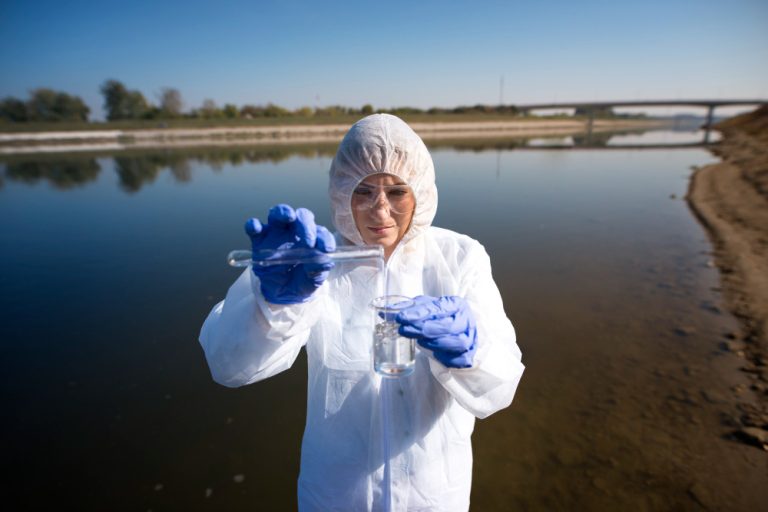Life Science
BSc (Hons) Marine and Freshwater Biology
“Discover the diversity of the fascinating aquatic realms and develop the knowledge and skills to protect them”

Course Details
-
Duration
3 years
-
Intakes
September
-
Availability
BSc (Hons) Marine and Freshwater Biology
Overview
By completing the Diploma level (First Year) with SIST, students can transfer to Edinburgh Napier University, Scotland for the second year to follow this undergraduate program.
This course explores aquatic environments, emphasizing their role in climate change understanding and sustainable management. Covering marine and freshwater ecosystems, it highlights the importance of conservation and environmental protection. With top rankings and high student satisfaction, it prepares students for careers in these critical areas.
This course is ideal for those passionate about global issues and aquatic environments. It covers species adaptation, ecology, and behavior in marine and freshwater habitats, alongside climate, pollution, and management. Students will gain practical experience through local and residential fieldwork, including a trip to the Isle of Cumbrae.


Course Modules
Genes and Inheritance
Ecology and Sustainability
Practical Skills in Biodiversity and Ecology
Physiology, Adaptation and Disease
Animal Behavior
Option module
Research Methods
Habitat Assessment and GIS
Ecology Field Studies
Conservation Biology
Marine Biology
Freshwater Biology
Professional Practice
Fish and Fisheries Biology
Current Topics in Ecology
Project (60 credits)
Career Prospects
By studying Marine & Freshwater biology at Edinburgh Napier University, you will learn about the marine and freshwater species’ habitats, the management of aquatic resources, also learn about ecosystems and sustaining these for underwater life. On completion of the course, you will have become an expert in marine species as well as coastal and freshwater environments, with practical skills in aquaculture, fisheries management, and conservation. Roles you may consider working in include conservation, environmental protection, habitat and species management, pollution control, and education. If you are interested in global issues, pollution, and the freshwater environment, and are a keen problem solver and practical thinker then this might be the right course for you.
Gaining a degree in Marine and Freshwater gives you discipline-specific knowledge and skills, but it is not restrictive. You will gain a range of highly desirable transferable (meta) skills, including communication, numeracy, computer literacy, and data analysis, which employers value within, but also outside the Life Science sector.


